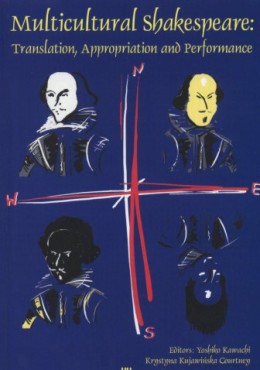Economic Nationalism in Haughton’s Englishmen for My Money and Shakespeare’s The Merchant of Venice
Economic Nationalism in Haughton’s Englishmen for My Money and Shakespeare’s The Merchant of Venice
Author(s): Jonathan BaldoSubject(s): Language and Literature Studies, Studies of Literature
Published by: Wydawnictwo Uniwersytetu Łódzkiego
Keywords: economic; nationalism; Shakespeare;William Haughton; Steelyard; Queen Elizabeth; The Merchant of Venice ; Englishmen for My Money ; satisfaction; contentment; usury; interest
Summary/Abstract: Close to the time of Elizabeth’s expulsion of the Hanseatic merchants and the closing of the Steelyard (der Stahlhof) in the years1597-98, two London plays engaged extensively with the business of trade, the merchant class, foreign merchants, and moneylending: early modern England’s first city comedy, William Haughton’s Englishmen for My Money, or A Woman Will Have Her Will (1598); and Shakespeare’s The Merchant of Venice (registered 22 July 1598). Whereas Haughton’s play uses foreignness, embodied in a foreign merchant, three half-English daughters, and three foreign suitors, as a means of promoting national consciousness and pride, Shakespeare indirectly uses the foreign not to unify but to reveal the divisions within England’s own economic values and culture.
Journal: Multicultural Shakespeare: Translation, Appropriation and Performance
- Issue Year: 13/2016
- Issue No: 1
- Page Range: 51-67
- Page Count: 17
- Language: English

